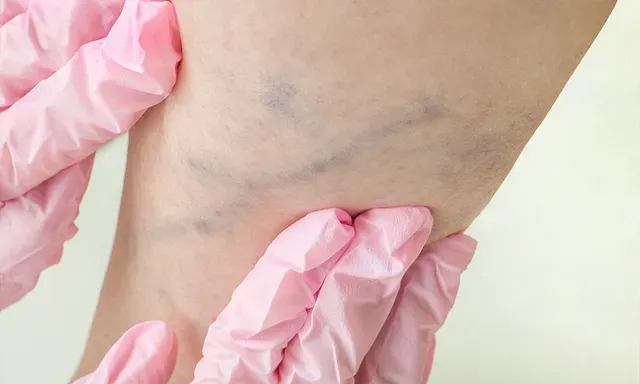Deep Vein Thrombosis
Each year in the United States, deep vein thrombosis (DVT) causes about 300,000 people to develop a blood clot (thrombus) in a vein deep below the skin, usually in one of their legs. If it goes unnoticed and untreated, DVT can lead to a range of serious health concerns, including a pulmonary embolism. The vascular experts at Advanced Vascular & Vein Associates in Flowood, Mississippi, led by Drs. Danón Garrido and Justin Manley diagnose and treat DVT quickly to prevent dangerous complications. Call or book an appointment online today.

